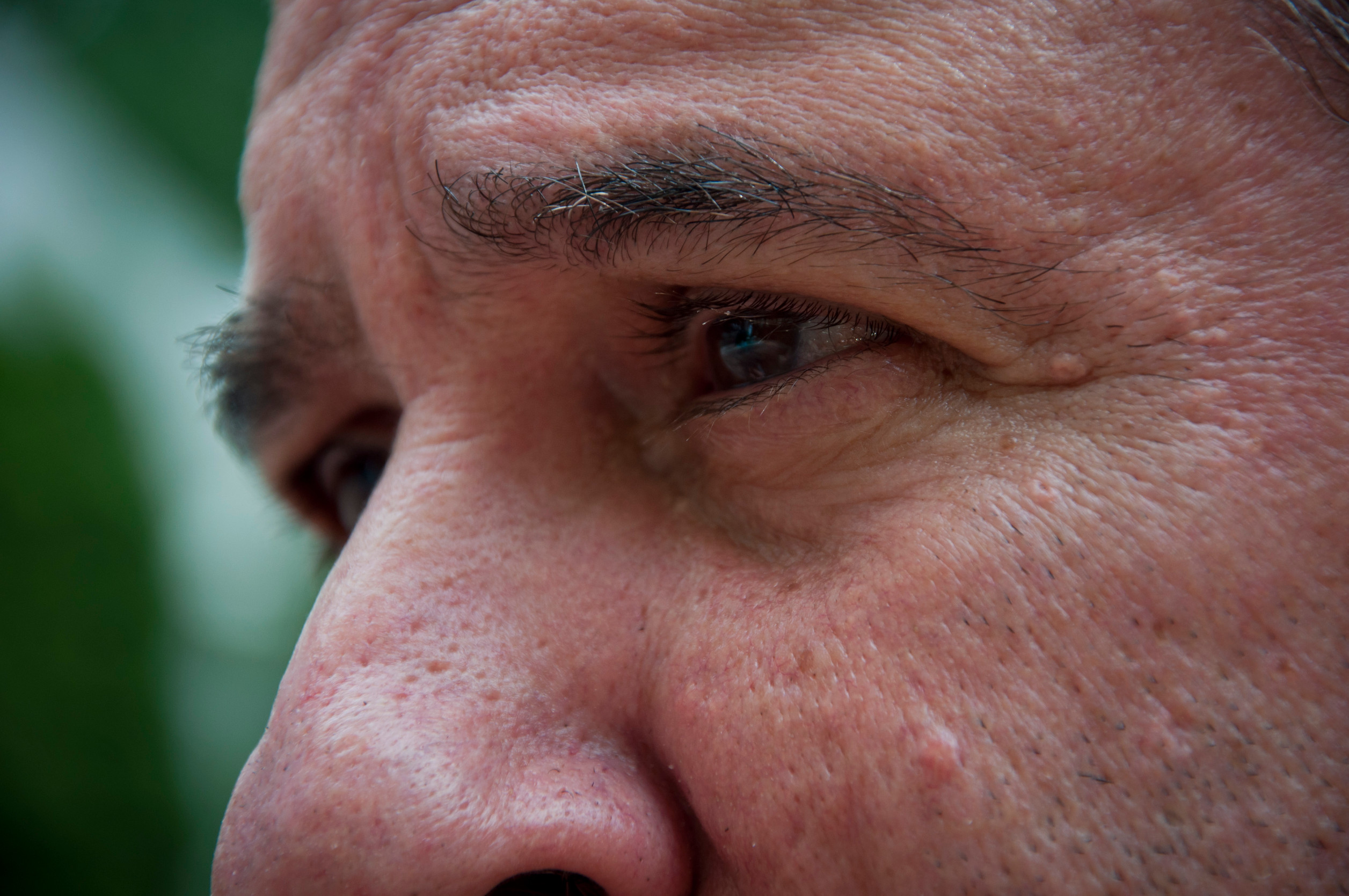In 1795, a group of magistrates gathered in the English village of Speenhamland to try to solve a social crisis brought on by the rising price of grain. The challenge was an increase in poverty, even among the employed. The social system at the time, which came to be known as Elizabethan Poor Law, divided indigent adults into three groups: those who could work, those who could not, and those—the “idle poor”—who seemed not to want to. The able and disabled received work or aid through local parishes. The idle poor were forced into labor or rounded up and beaten for being bums. As grain prices increased, the parishes became overwhelmed with supplicants. Terrorizing idle people turned into a vast, unmanageable task.

Who really stands to win from universal basic income?
More of Today's Solutions
Scientists build first fully human bone marrow model to revolutionize blood d...
BY THE OPTIMIST DAILY EDITORIAL TEAM In a transformative leap for regenerative medicine, scientists have developed the first entirely human-engineered bone marrow system. This ...
Read More7 cold and flu season mistakes doctors want you to quit making
BY THE OPTIMIST DAILY EDITORIAL TEAM You’ve heard the warnings: cold and flu season is no joke. But despite our best intentions (and fully ...
Read MoreThree ways we can repurpose closed department stores
40 percent of US department stores have closed their doors in the past five years, but the question remains: what do we do with ...
Read MoreHubble takes beautiful image of galaxies “dancing”
The Hubble Space Telescope ventured into space over three decades ago in 1990, and has observed around 50,000 celestial bodies to date. During this ...
Read More









